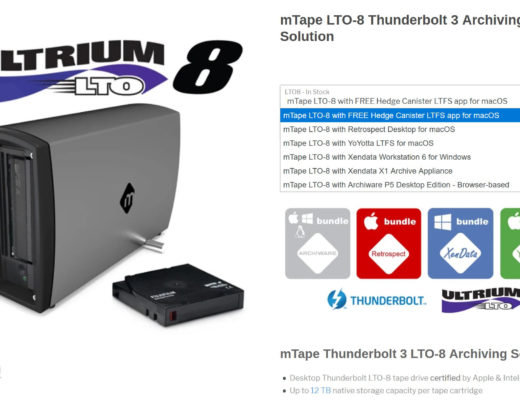During the current economic downturn, enterprises are increasingly adopting open source systems due to their significant cost advantages and their liberal license policies. All open source projects, by definition, provide the end user with certain perpetual rights and freedoms in using, studying, modifying, and redistributing the product. However, there is a lot of inconsistency in terms of the product quality, the governance model, and the availability of support. Thus, when selecting open source components for your enterprise, it is important to do some background checks to ensure the open source product you have selected is compatible with your enterprise business model and IT standards. Below are 10 questions you can ask to evaluate open source maturity.
Note: This article is also available as aPDF download.
1: Are the open source license terms compatible with my business requirements?
Open source is mainly protected by copyright law, and the license provides the basis for the rights you have on the software. To be classified as open source. any product needs to adhere to the four freedoms: to use, to study, to redistribute, and to improve. However, licenses often include other terms that might be incompatible with certain business models. For example, the popular GPL license asks that any improvements and derivative works you create also be released under the same quid pro quo terms.
Continues @http://blogs.techrepublic.com.com/10things/?p=1232
Related articles by Zemanta
- GPLv2 – copyright code or contract? (theregister.co.uk)
- Microsoft’s Pseudo-Open Source CMS Fails, GPL Violations Noted Everywhere (boycottnovell.com)
- How Nokia Learned To Love Openness (linux.slashdot.org)

Filmtools
Filmmakers go-to destination for pre-production, production & post production equipment!
Shop Now
![10 questions to ask when selecting open source products for your enterprise 3 Reblog this post [with Zemanta]](http://img.zemanta.com/reblog_e.png?x-id=6ff85388-3a7c-4c42-b0d5-6f93aa4f7239)













